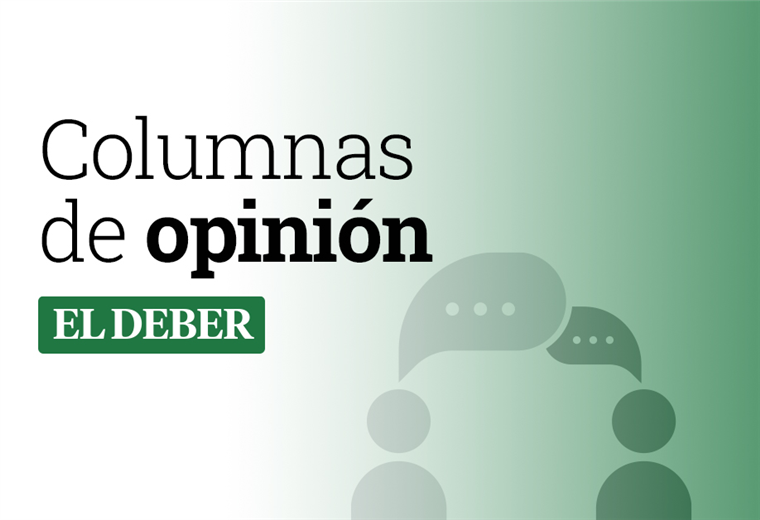July 28, 2024, 4:00 AM
July 28, 2024, 4:00 AM
Cesar del Castillo Linares
Big data is one of the most popular terms of the 21st century. It involves the use of large volumes of data, information that is constantly provided by Internet and social media users every time we interact, research a specific topic, search for information or simply browse.
The use of these large volumes of information has caused profound changes in medicine, with the acceleration of scientific work in search of remedies for diseases such as cancer, for example; it has also revolutionized the world of marketing, because data analysis allows markets to be segmented, products to be adjusted or the results of the competition to be measured. In the economic field, the predictive nature of data mining also allows all kinds of scenarios to be anticipated at national, regional or global levels.
Even in politics, big data has had and will continue to have a great impact. In fact, one of the pioneering examples was Barack Obama’s 2004 campaign, when his advisors used large volumes of data to adjust the candidate’s messages according to socioeconomic levels, regional or state trends, or the political preferences of Internet users.
Another interesting and striking example is the reinvention of the New York Times when it saw its revenue from advertising space sales plummet and understood in a timely manner that the time had passed when readers needed to go out and buy the printed article and the time had begun when media outlets had to go out and find their audiences and rethink their business model.
In this context, it is worthwhile to raise some reflections on the impact of big data on higher education. First of all, it is pertinent to state that online higher education is the first product of this new knowledge revolution. Now, it is possible to follow an undergraduate or graduate degree thousands of miles away, asynchronously, with personalized tutoring and with a large number of resources that facilitate the process of knowledge construction.
Distance learning is the result of a carefully planned and executed effort by the world’s best universities, whose experts analysed large volumes of data to determine the characteristics, formats and content of thousands of courses that are literally just a click away.
Experience shows that its use has a substantial impact on educational quality and academic performance. Its application can influence the renewal of higher education as it improves the learning experience of students, contributes to the development of more effective academic programming and helps in decision-making.
Higher education in Bolivia could undergo significant changes if public or private universities began to work with data experts to, for example, guide the training process based on the user (student) experience, if data were used to adjust learning objectives or to generate new learning environments. In fact, in countries like Mexico, these new trends have made it possible to reduce dropout rates and increase the number of degrees.
Unfortunately, in our country, the past refuses to coexist with technology and data science, and the institutional system seems to be designed to move backwards.
Hence the urgency of achieving a change of mentality at each level to put Bolivia in tune with the major trends in higher education, a challenge that must be faced by public and private actors linked to this issue. And it is not necessary to look at Europe, Asia or North America, it is enough to see what is happening in neighboring countries to understand that in this as in many areas, the country cannot be stuck in the past.


















